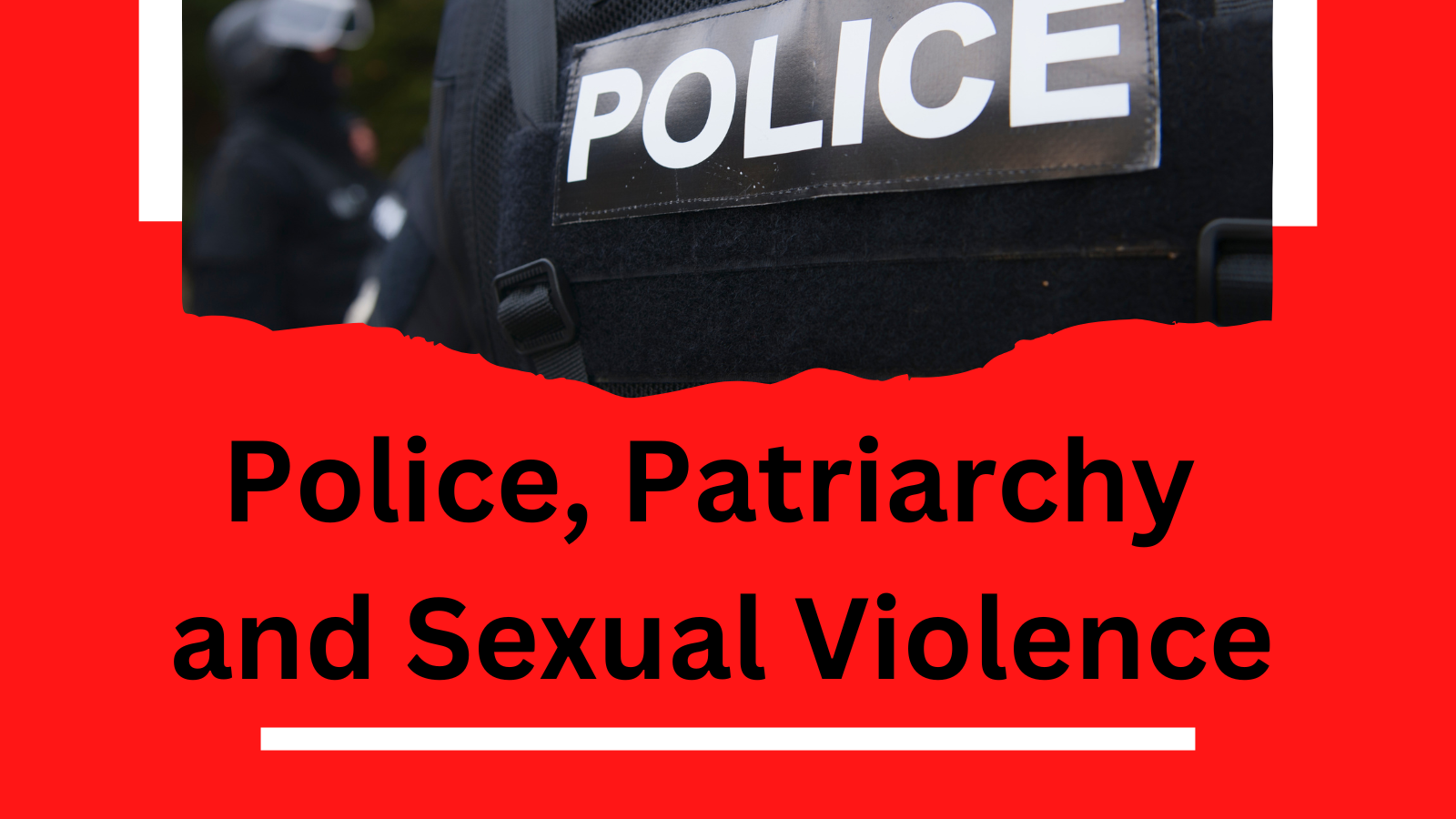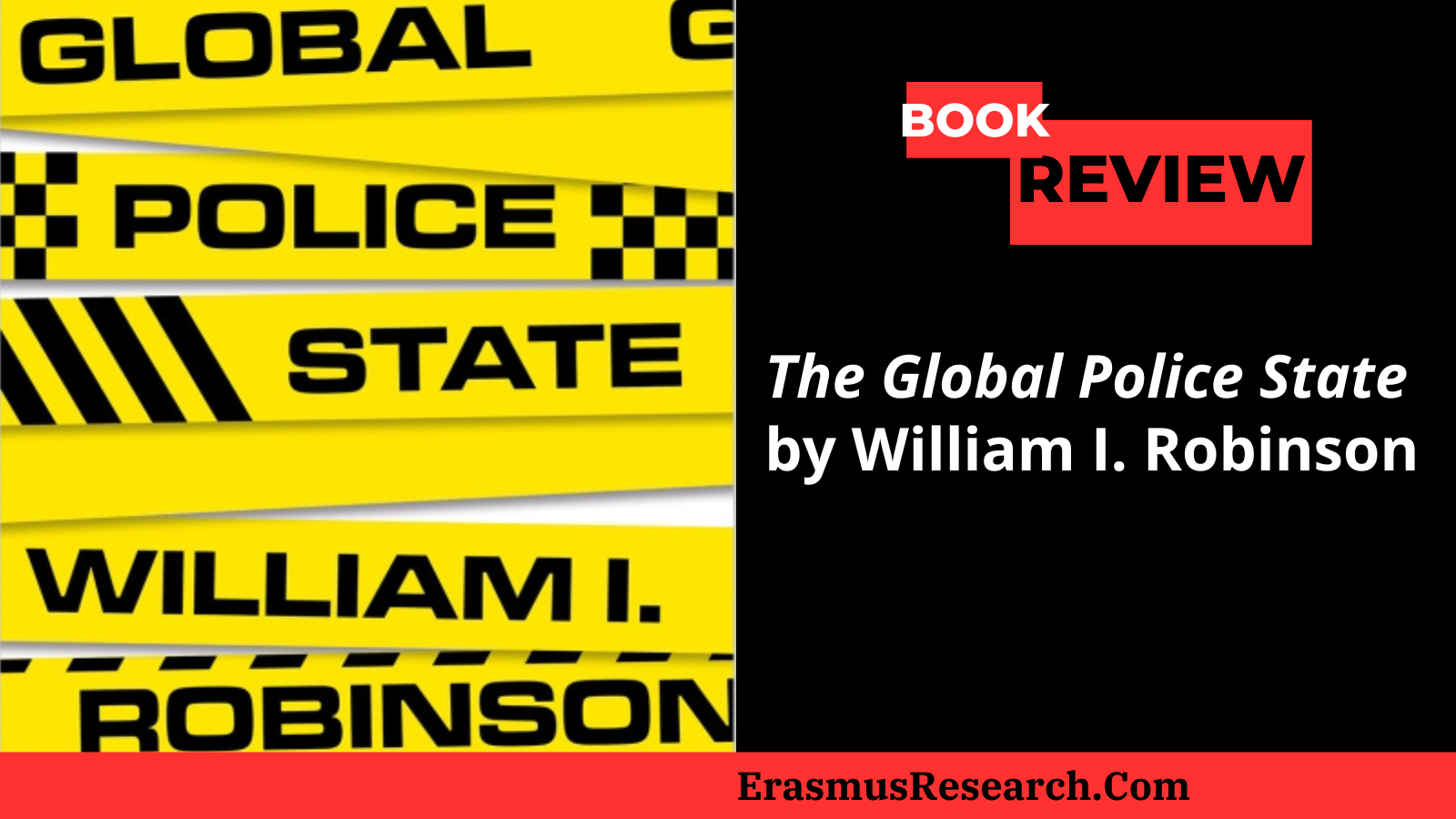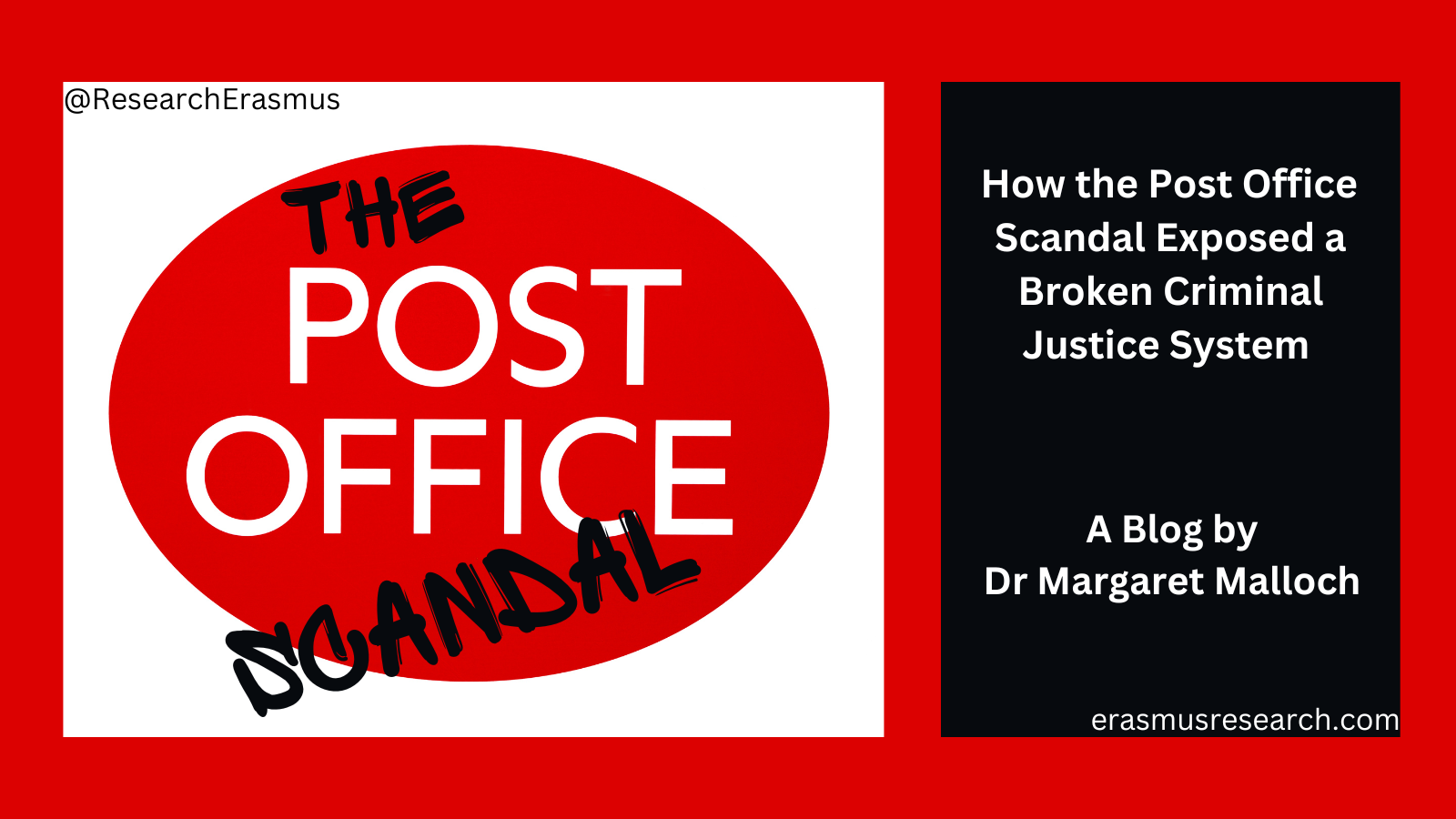The conviction of David Carrick, after he admitted to at least 49 counts of rape and serious sexual violence over the two decades spent as a serving police officer, has once again raised questions about the role of the police in contemporary society.
This conviction follows on from the rape and murder of Sarah Everard by his former colleague in the Parliamentary and Diplomatic Protection Command, Wayne Couzins, long known to his police colleagues as ‘the Rapist’. Carrick, also known in policing circles as ‘Bastard Dave’, was investigated no fewer than nine times for complaints of serious sexual misconduct. After each investigation, Carrick returned to work. That he subsequently cleared the re-vetting process and was then promoted, should destroy any remaining vestiges of the liberal myth, that the police – as an institution – exist to keep people safe.
In a previous piece, we outlined the extent to which the unprecedented levels of unaccountability that the police enjoy, attracts to their ranks some of the most petty, vindictive and harmful people in society. But the issue here is not simply about harmful individuals. What has emerged from these recent revelations about the frequent and persistent abuse of power in police forces across the UK, is its thoroughly institutional character.
So, the question remains; what does the conviction of Carrick tell us about the role of the police in contemporary society?
To answer this question, it is necessary to provide a snap-shot of the wider context within which, sexual violence not only takes place within the police, but is also facilitated through their persistent inaction, complacency and cover-up. We will do this by highlighting three related issues.
Issue 1 – We know that in recent years many thousands of police officers have returned to work following investigations of sexual misconduct, and, what is now emerging is a picture of tolerance and cover-up by the police.
- A recent C4 Dispatches programme, Cops on Trial showed that in just three years, over 2000 police officers were reported for serious sexual misconduct in the UK (a problem it has been acknowledged is grossly under-reported). Almost all of them have remained in post. In Scotland, of the 250 police officers investigated for serious sexual misconduct since 2019, not one single officer was summarily dismissed, with most returning to work and some allowed to resign, pension intact. That members of the public are at considerable risk of sexual harm from the police is a statistical fact; that the police are able to commit sexual crimes with impunity is, it seems, almost guaranteed.
- A damning report by the Independent Office for Police Conduct (IOPC) at the end of 2022 found an endemic culture of misogyny, racism, sexism and homophobia within the police. Evidence showed that Met Officers casually joked with each other about hitting and raping women, harming members of the public, and actively covering up serious assaults and other forms of sexual violence by their colleagues.
- A recent Home Office investigation found that, stop and search laws enabled male police officers to routinely harass and sexually assault female members of the public.
- In the same report the sample interviews of female police officers found that they had all been victims of harassment and/ or sexual assault at the hands of their male colleagues. There was almost unanimous dissatisfaction with the outcome of any complaints or concern raised.
- The same is true for domestic violence. Recent FOIs in Scotland have shown that action is rarely taken against police officers who abuse their own partners, and almost all return to work. From the evidence that has thus far emerged, it is now known that as well as being one of the UKs most prolific sex offenders, David Carrick was accused, by almost all of his former partners as being a perpetrator of extreme forms of domestic violence and coercive abuse. There is clearly a link between domestic and sexual violence.
One of the most disturbing revelations to emerge from the recent cases is the lengths that the police force goes to, to protect their own officers from accountability when it comes to the most serious forms of sexual offending.
Issue 2 – A number of recent reports highlight the extent to which the police at best ignore, and at worst actively cover up, the shocking expansion of organised grooming gangs that prey on vulnerable children in every local authority area in the UK. As the Independent Report on Child Sexual Abuse highlighted in 2022, not only have lessons not been learned from the Rotherham child sexual abuse scandal, things have got markedly worse. The report warns that the scale of abuse children face at the hands of organised grooming gangs across the UK has actually increased, and that the recommendations following the Rotherham investigation into police failings, have continued to be ignored.
Maggie Oliver, former Greater Manchester Police Detective, turned whistle blower and campaigner, gave evidence to the inquiry, exposing the shocking extent to which the police not only failed to prosecute hundreds of known sex offenders against whom robust evidence existed, they decided to criminalise the child victims, blaming them for their own sexual abuse.
In her witness statement to the Independent Inquiry published in 2022, Maggie stated that the UK police’s involvement, in covering up serious child sexual abuse, demonstrated an extraordinary issue.
“Greater Manchester Police would go to almost any length to prosecute a child rape victim if it suited their purpose to do so; however, and at the same time Greater Manchester Police would knowingly allow scores of child abusers to walk free in circumstances where these men were known to have abused and raped many children and to be a continuing risk to other children.”
Child sexual exploitation by organised networks investigation report
John Wedger, a former Metropolitan Police (Met) detective told the Independent Inquiry into Child Sexual Abuse (IICSA) that the problem of organised grooming gangs was much bigger than previously thought, with many thousands of children abused every year in the UK, and that it was happening in plain sight of the police. After Wedger blew the whistle, he faced bullying and intimidation from senior officers and was targeted by the police after being forced to resign his post.
If these accounts did not come from former police officers, and were not legitimated by the (IICSA) ‘Report’ they would be difficult to believe. Such is the extent to which these claims go against the prevailing orthodoxy of the police keeping us safe, rather than contributing to, and making worse the most serious forms of sexual violence through their silence and complicity.
Issue 3 – It has come to light that hundreds of children go missing every year from Home Office care in the UK. These unaccompanied minors, seeking asylum, are actively trafficked from their accommodation with astonishing ease and regularity.
Mark Townsend, home affairs editor at the Guardian newspaper, reporting the accounts from whistle blowers, claims that from just one single hotel in Brighton, 136 children went missing over an 18-month period, with more than half (79) remaining unaccounted for. Another whistle blower from another hotel estimated 10% of the children went missing every week. In the hotels used by the Home Office in that particular county, official figures report that in the six months from April of last year, 282 children disappeared with 70 remaining missing.
There is a strong consensus here among what each of the whistle blowers is saying, namely that despite the Home Office and the Police being aware of exactly what is going on, and the true extent of the criminal activity involved, nothing is done. Children continue to vanish and safeguarding specialists warn that they are at significant risk of sexual abuse, kidnapping and exploitation by gangs.
“We call them [the police], they turn up, look about, make some notes. Once the children are gone, they’re gone”
Whistle blower (Source the Guardian 21st January 2023)
There is no doubt that, as the evidence of police-enabled sexual violence mounts, their legitimacy is being eroded. In order to save the liberal myth that the police exist to keep us safe, and to suppress the growing realisation that the police cause more harm than they could ever purport to prevent, expect a ‘high-profile’ national police strategy for tackling ‘sexual violence’ within the force.
While this may be welcomed by some women’s groups and those representing the interests of children, it can never be anything other than a public relations exercise. Campaign slogans promising that “we will root out the bad guys” will do nothing but further obscure the institutional nature of the problem.
The police ‘officially’ exist to maintain public order, which really means the maintenance of the political order. When the central pillar of this order rests entirely upon patriarchal power, then it should come as no surprise that it is upheld through the state’s monopoly over the legitimate use of violence.
When an institutionally sexist, racist and misogynistic police force is given unprecedented levels of unaccountable power to enforce the state’s ‘legitimate’ use of violence, it will always find ways of ‘tolerating’ if not facilitating domestic and sexual violence against women. Intersectional entanglements mean that working class women, black women and women of colour, trans women and those from other marginalised groups will continue to feel the worst effects of police-enabled sexual violence.







